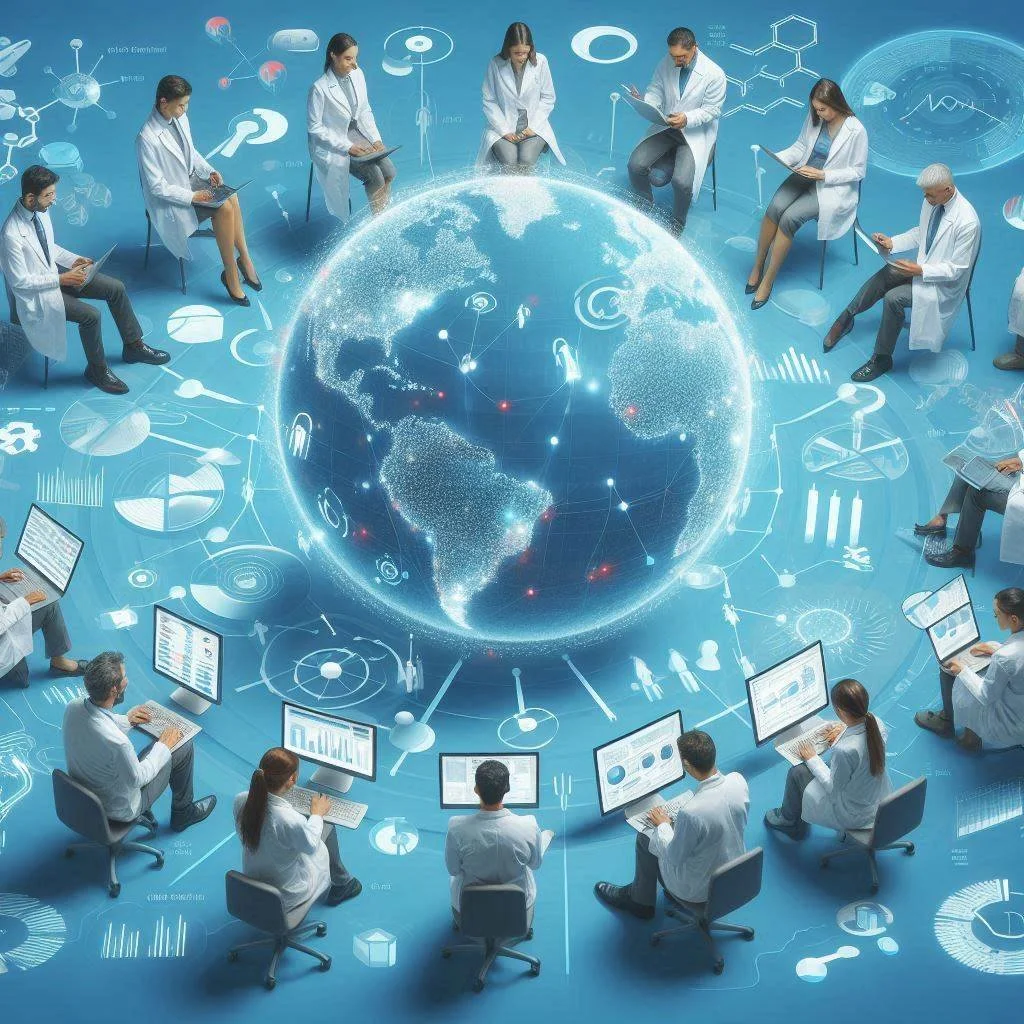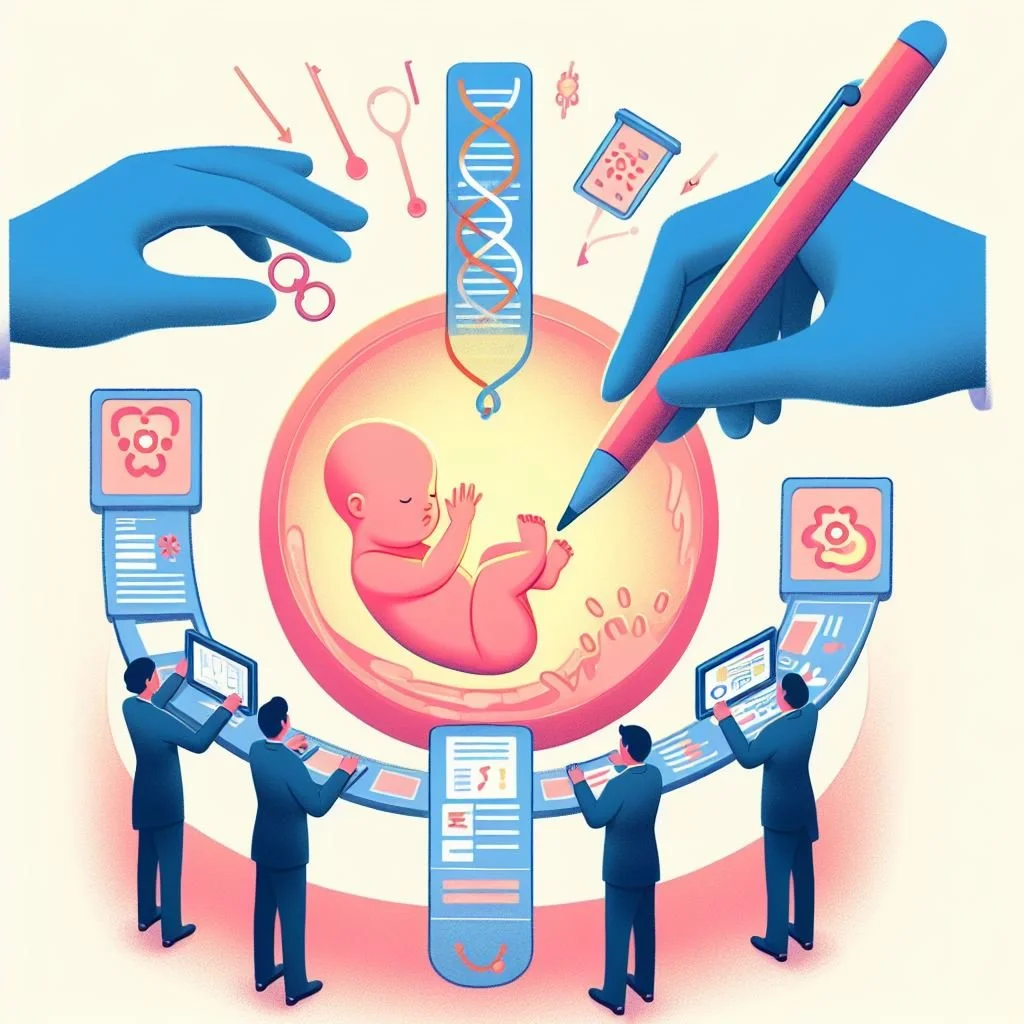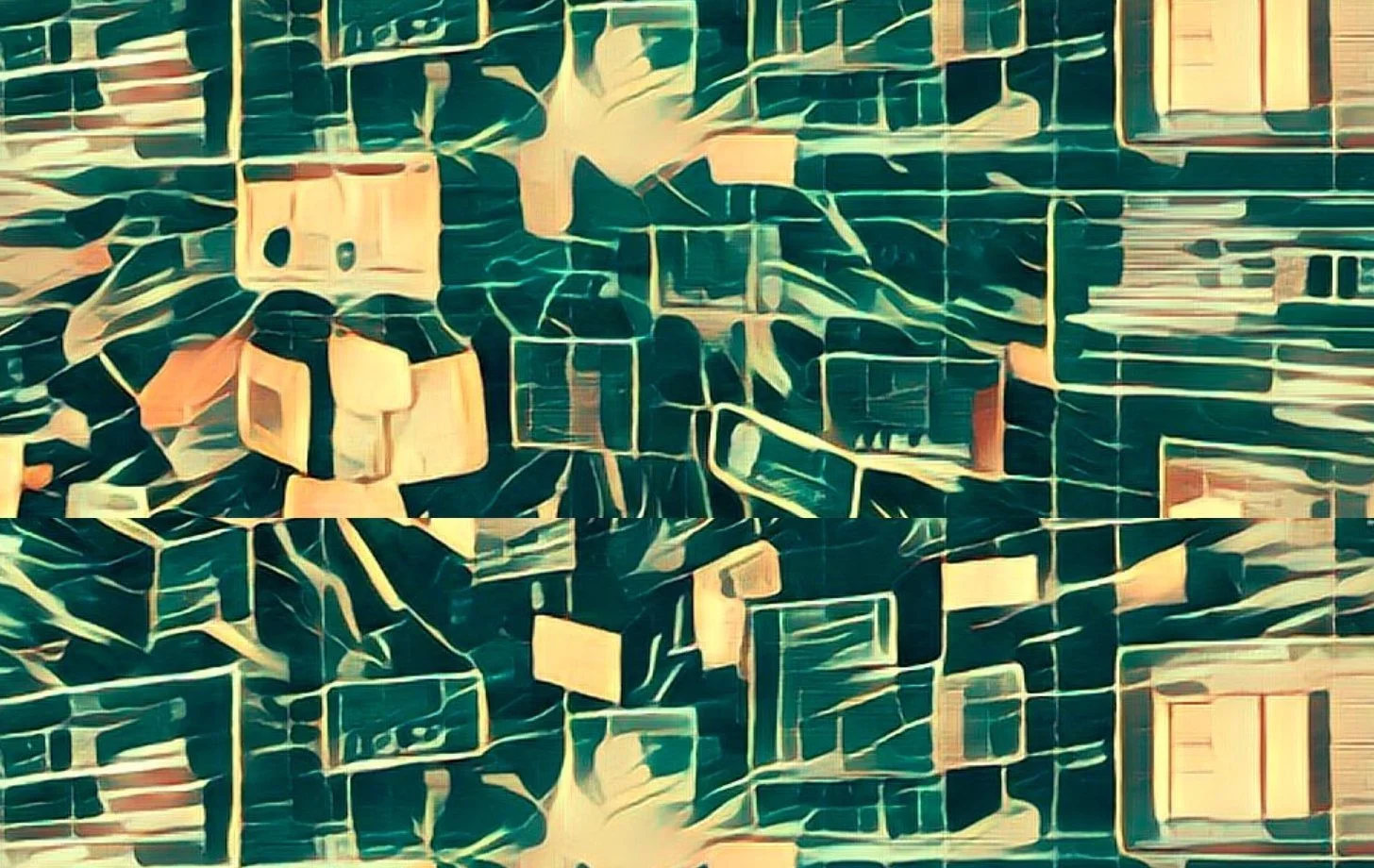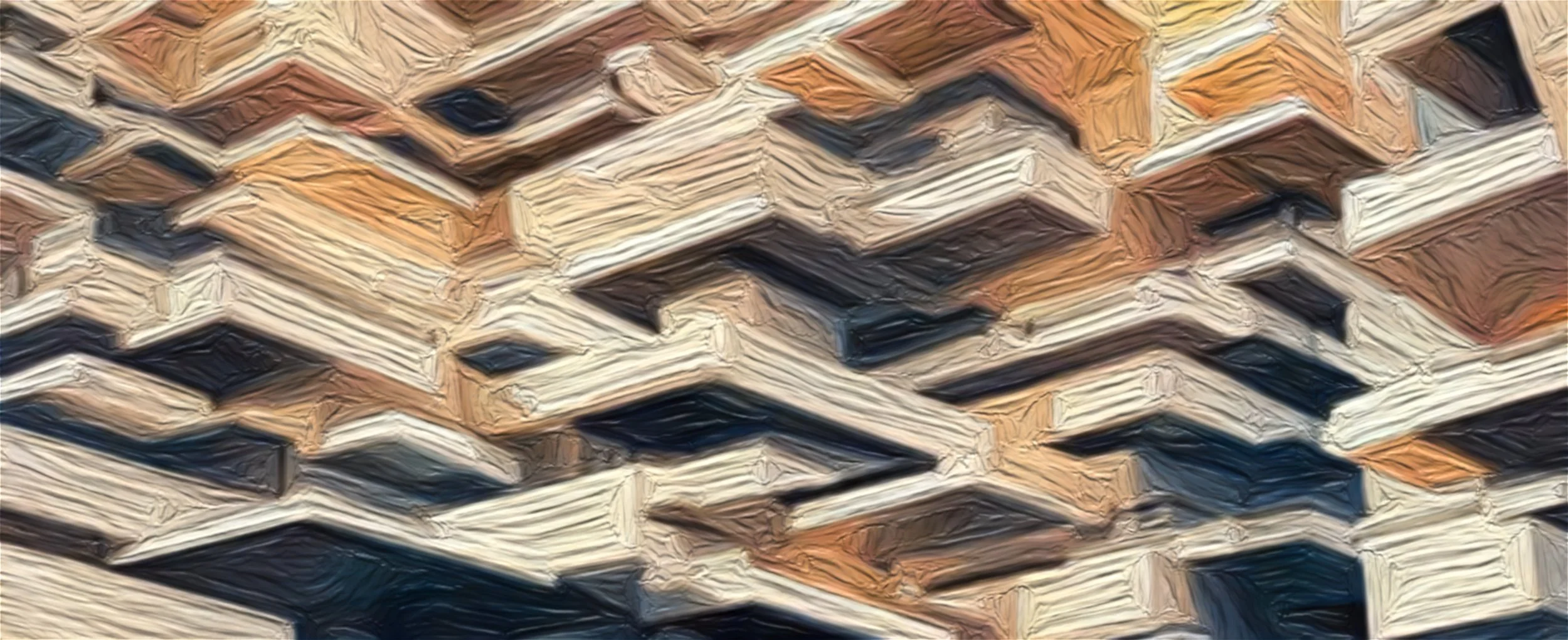Why I Care About Gravitational Lenses
By Dennis D. McDonald
With all the bad news bombarding us lately, I am comforted by the fact that humans continue to push the boundaries of our knowledge of the universe.
While we may, in the short term, be constrained in our ability to address chaotic weather and climate change, I believe that eventually, the pendulum will swing back in the other direction.
Scientists around the world are persevering in efforts to understand nature and our relationship to it. We all benefit from these endeavors. Articles like First Known Double Gravitational Lens Could Shed Light on Universe’s Expansion from the November 13 issue of Science give me hope. Here is the first paragraph:
Astronomers have stumbled across a serendipitous cosmic alignment: two galaxies, billions of light-years apart but perfectly in line as viewed from Earth, so that they act like a compound lens, gravitationally bending light and magnifying a distant cosmic beacon behind them. Some of the light from the beacon—a luminous giant black hole known as a quasar—follows a zigzag path around the two galaxies.
This discovery may not seem directly relevant to addressing the devastation caused by increasingly chaotic weather, but I've always been a “glass half full” kind of person, ever since my parents instilled in me the values of reading, study, and hard work, I have held a deep appreciation for the pursuit of knowledge.
While the calculations being performed as described in the article may be challenging, they will ultimately be accomplished by humans using tools we ourselves have developed. Significantly, these researchers have jobs, families, children, and students. The sparks of knowledge and imagination they share today will inevitably spread through these relationships and the communicatrion media they employ. Perhaps sooner than we expect, major breakthroughs and practical, life-enhancing discoveries will emerge from the communities now advancing basic scientific knowledge..
Meanwhile, here in the United States, we should strive to retain scientific talent—especially our younger scientists—and prevent the migration of this talent to countries more welcoming to scientific research. We should also work to attract the best and brightest to come here, despite any barriers they may face.
Copyright © 2024 by Dennis D. McDonald































